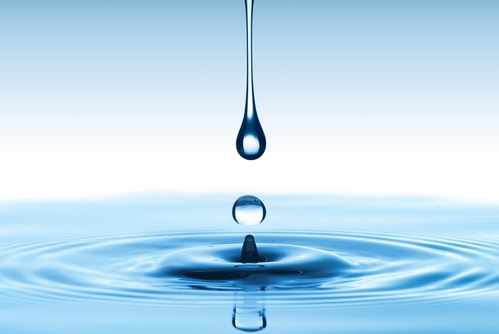 Ilustrační foto. Zdroj: SFŽP ČR
Ilustrační foto. Zdroj: SFŽP ČR
The aim of the Trondheim call is to test advanced technologies and near-nature processes on real devices, which can actively reduce the pollution of wastewater and subsequently surface water by micropollutants in the form of pharmaceuticals residues. The Call focuses on significant sources of this pollution, which can be, for example, hospital facilities, retirement homes, or psychiatric hospitals. However, households that consume commonly available medicines also play a significant role in the production of wastewater contaminated with pharmaceutical residues.
„The Trondheim call is not the biggest call of our Norwegian Programme, but it is undoubtedly a call that has aroused great interest on the Czech and also Norwegian sides from the very beginning. It is therefore not surprising that many of the projects are being prepared in cooperation with Norwegian organizations. Although the first mention of micropollutants dates back to the last century, significant attention has been paid to them only in recent years. The pilot call aims to test different ways to reduce pharmaceutical concentrations in our waters and to help find the most appropriate solution for the future. For this reason, we would also like to organize an international professional conference in cooperation with the Norwegian Environmental Agency. Its aim will be, among other things, to present the results of the Trondheim call,” explains Petr Valdman, director of the State Environmental Fund of the Czech Republic.
Fourteen project proposals with a total allocation of 199 million Czech crowns were submitted to the first round of the Call. The Expert Committee, composed of experts in the field of water management, recommended twelve project proposals for the second round of the Call. These applicants can receive financial support from 5.2 to 26 million Czech crowns. “The interest in the Call clearly shows that the issue of water pollution by micropollutants is important for both the private and public sectors. Applicants who sent us their project proposals include Czech universities, research organizations, and also private companies working on the development of new technologies,” Petr Valdman summarizes the current results.
In the second round, applications for support will be accepted through the Agenda Information System of the State Environmental Fund of the Czech Republic in the period from 24 September 12:00 to 24 November 12:00.

 Environmental Resort
Environmental Resort 